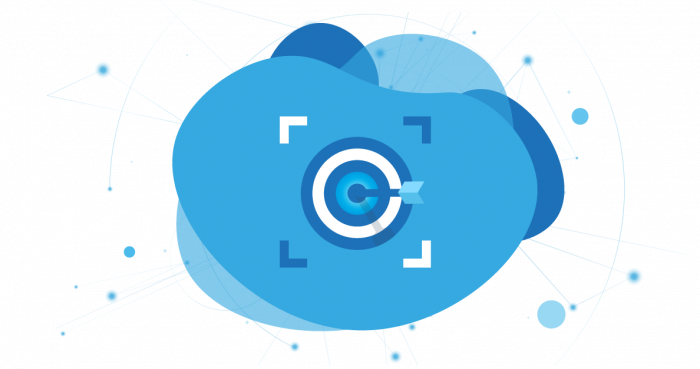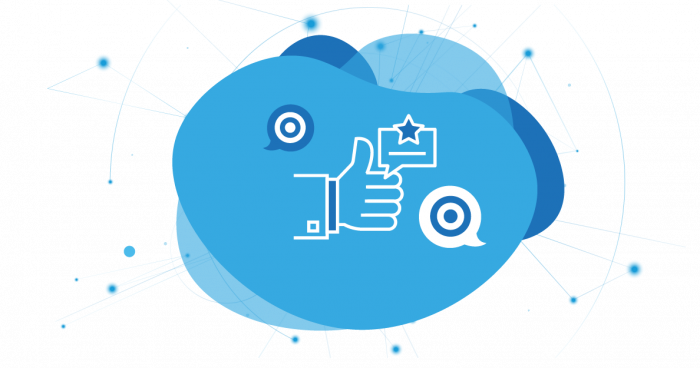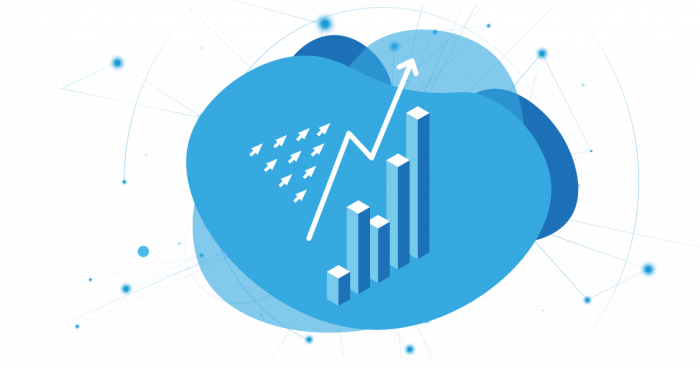
Sector
Other sector
Activity
Activity
An HR consulting and services group that helps businesses implement organizational transformation projects.
The project at a glance
The customer exchanges large volumes of data with its own customers, primarily through its proprietary mobile apps.
Hardis Group was called in to explore ways to secure and streamline these data exchanges and to set up dashboards. We also worked on automating process, digitizing organization plans, and streamlining management of the customer interface.

Project objectives
- To familiarize the customer’s employees with data management tools, focusing in particular on data exchange platforms and the decision-making chain.
- To scope and propose a system architecture and applications tailored to the specific needs arising in the customer’s context.
- To implement the architecture once approved.
- To develop tools for data collection and processing, and for reporting via dashboards for both internal and customer use.

Work performed
- Familiarized front-line employees with BI systems.
- Scoped and rolled out the system architecture.
- Rolled out a decision-support system (Talend, SQL Server, Microsoft Power BI).
- Rolled out quality control processes for input data.
- Developed a semantic layer, dashboards, and a customer-facing exchange portal (Power Apps).
- Created customer dashboards.
- Shared GDPR and BI best practices (by Hardis Group leads).

Benefits
- Informed decision-making: The application provides data-based insights and in-depth analyses, supporting more informed, evidence-based decision-making for both our customer and its customers. This results in less need for intuition and guesswork, potentially leading to more accurate and profitable decision-making, especially on HR-related matters.
- Tasks previously completed using Excel are now performed more efficiently, with a much shorter time frame between when the customer supplies the data and when the initial reports are analyzed. Costs are also reduced, in part because less time needs to be devoted to formatting data, and because overall productivity is improved.
- Clearer customer insights: The time saved early on the process can now be devoted to analyzing customer data. The customer therefore better understands its own customers, and can customize its solutions and applications, anticipate future needs, and deliver increasingly innovative dashboards that enhance the customer experience. This, in turn, builds customer loyalty, improves retention, and enhances our customer’s reputation.
- Forecasting and planning: The ability to analyze both historical and real-time data supports the development of more accurate forecasts and predictive models.
- Innovation and competitiveness: Data analytics capabilities help to unlock new opportunities, develop new ideas and services, and drive targeted innovation.
